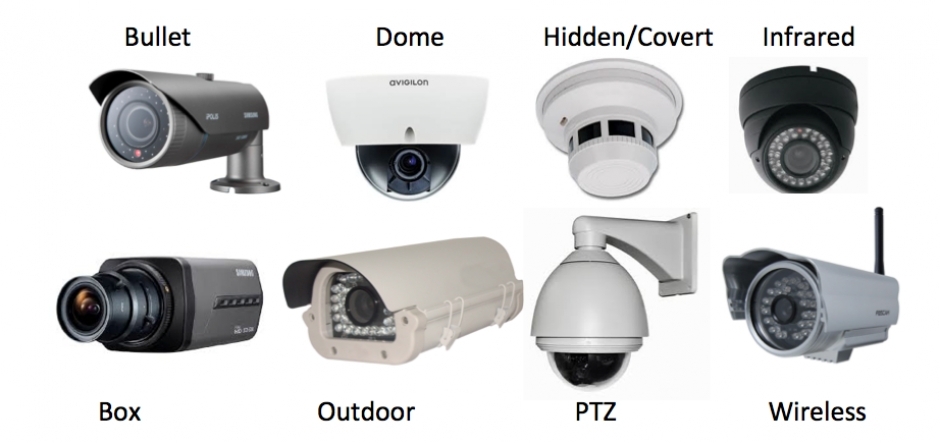About Course
What you expect from this class
-
Understanding the Purpose: Students should grasp the purpose and importance of CCTV cameras in surveillance and security. They should comprehend how these cameras contribute to deterring and investigating potential security incidents.
-
Knowledge of Camera Types: Students should familiarize themselves with different types of CCTV cameras, their features, and their applications. They should understand the differences between dome cameras, bullet cameras, PTZ cameras, and thermal cameras, and when each type is suitable for specific surveillance scenarios.
-
Technical Skills: Students should develop technical skills related to CCTV cameras. This includes understanding camera specifications, setting up cameras, configuring camera angles and positions, adjusting camera settings, and troubleshooting common issues.
-
Video Recording and Monitoring: Students should learn how to set up and operate video recording systems, such as DVRs or NVRs. They should understand the process of monitoring live video feeds, accessing recorded footage, and managing video storage. They should also learn about video compression and how to optimize video quality and storage efficiency.
-
Privacy and Ethics: Students should gain an awareness of the privacy and ethical considerations associated with CCTV camera usage. They should understand the legal requirements for deploying cameras, the importance of obtaining consent when necessary, and the need to respect individuals’ privacy rights. They should also learn about data protection and secure storage practices.
-
Integration and System Design: Students should grasp the concept of integrating CCTV cameras with other security systems, such as access control systems and alarms. They should understand how to design a comprehensive surveillance system that meets specific security needs, considering factors like camera placement, coverage, and connectivity.
-
Analyzing and Interpreting Footage: Students should develop skills in analyzing CCTV footage to identify suspicious activities or incidents. They should be able to interpret video evidence, make accurate observations, and report findings effectively.
-
Communication and Documentation: Students should learn how to communicate effectively about CCTV systems, both orally and in written form. They should be able to explain technical concepts clearly and document installation procedures, system configurations, and maintenance activities accurately.
-
Critical Thinking and Problem Solving: Students should cultivate critical thinking skills to analyze complex security scenarios and devise appropriate camera deployment strategies. They should be capable of troubleshooting technical issues, identifying vulnerabilities, and proposing solutions to enhance security measures.
-
Professionalism and Ethical Conduct: Students should develop professionalism and ethical conduct when working with CCTV systems. They should understand the importance of maintaining confidentiality, respecting privacy, and using CCTV technology responsibly and ethically.
Course Content
Student Ratings & Reviews



